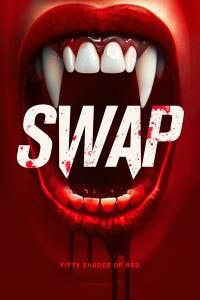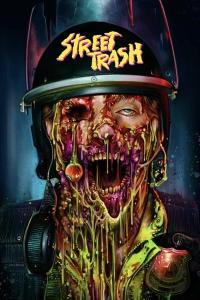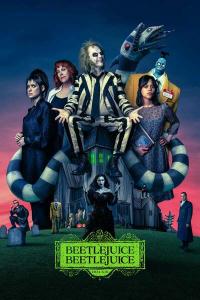Torrent details for "Phronesis - Organic Warfare (2007) [EAC-FLAC]" Log in to bookmark
Controls:
Language:
 English
EnglishTotal Size:
459.22 MB
Info Hash:
2cc35ac0c73b29385a0050101f9c531f1eeada57
Added By:
Added:
04-11-2020 15:18
Views:
358
Health:

Seeds:
1
Leechers:
0
Completed:
129

Phronesis - Organic Warfare (2007)
EAC rip (secure mode) | FLAC (tracks)+CUE+LOG -> 354 Mb
Full Artwork @ 600 dpi (png) -> 128 Mb
Phronesis is my attempt to create a small musical unit with equally strong emphasis on each member/instrument in the group.
Writing for this group I’ve tried to keep things relatively simple harmonically in order to open up for an exploration of what can sometimes feel like endless rhythmic possibilities. The music on the album is melodic and groove based and often plays around with repetition in order to emphasise and dramatize change when and if it finally occurs.
Inspired by a world heritage of rhythms and sounds found in African, Cuban, Brazillian, Middle Eastern, Eastern European folk and traditional music, Phronesis strive to create original and meditative soundscapes fusing these rhythms with lyrical and atmospheric contributions from the respective members of the group.
The material comprises entirely of Hoiby originals and reveals him to be an excellent writer with an unfailing ear for a good tune. Hoiby’s way with a melody is matched by his way with a groove and the style in which he mixes the two together engages the listener’s attention throughout the whole album. With eleven relatively short tracks no idea is allowed to outstay it’s welcome.
Although Hoiby leads from the bass this is ostensibly a piano trio and the mood varies from ECM style lyricism through to more rhythmic, groove led pieces in the style of EST (minus the electronics) or the UK’s own Neil Cowley Trio.
The opening “Untitled” and its later reprise have a pastoral air that nods in the direction of ECM. However even here Hoiby’s huge, singing bass sound hints at something more groove orientated.
The skittering, energetic title track echoes the intensity of Cowley’s approach whereas “Melody” combines melody and groove in the manner of EST.
However these comparisons are merely convenient reference points. Hoiby is no mere copyist and his writing is consistently interesting throughout. Leading from the bass he is able to put his own stamp on the music. There is a real collective spirit within the group and each member makes a vital contribution to the overall sound.
Hoiby’s enormous bass tone and agile finger work makes him both a vital rhythmic component and an important soloist, the closing “Naïve Tune” being a particular highlight. Appropriately he is at the very core of the music.
--------------------------------------------------------------------------------------------------------------------------------------------------------------------------------------------------------------------------------------------
Tracklist:
--------------------------------------------------------------------------------------------------------------------------------------------------------------------------------------------------------------------------------------------
01 - Untitled#1
02 - Organic Warfare
03 - French
04 - Melody
05 - Smoking The Camel
06 - Seven For Samba
07 - Three Bar Loop
08 - Mournful
09 - '4 Now'
10 - Untitled#2
11 - Naive Tune
*2007 Loop Records | LOOP 1003
All compositions by JASPER HØIBY
Recorded at Sincere Studios, Copenhagen, Denmark
Engineered, mixed and mastered by August Wanngren
Personnel:
JASPER HØIBY double bass
MAGNUS HJORTH piano
ANTON EGER drums















































